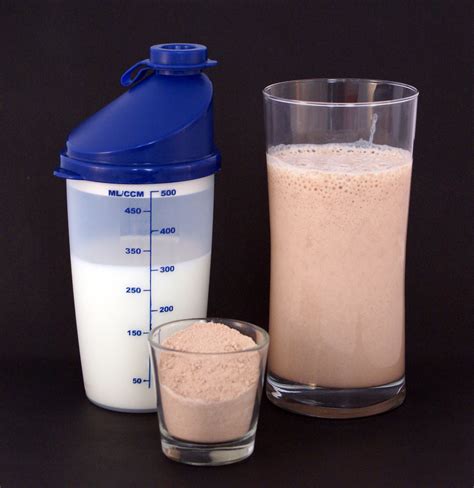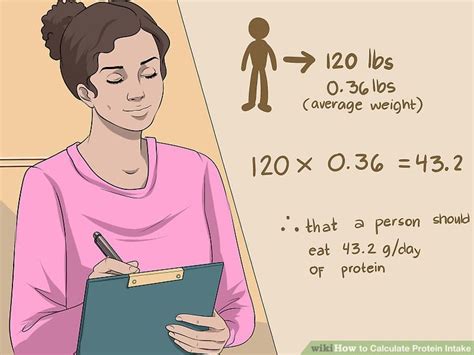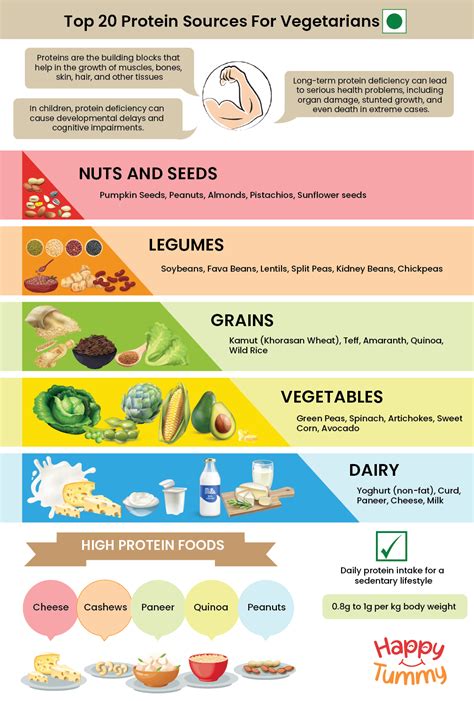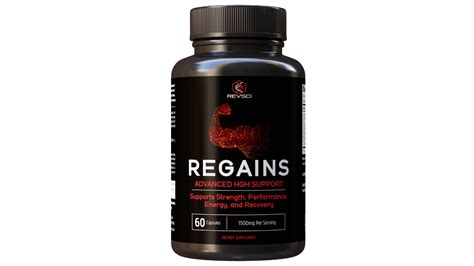Understanding Protein’s Pivotal Role in Muscle Development
Protein is the cornerstone of muscle growth and repair, a macronutrient essential for anyone aiming to build a strong, resilient physique. For men engaged in resistance training, the demand for protein is significantly higher than for sedentary individuals. It provides the amino acids, the building blocks your body needs to repair muscle fibers damaged during exercise and to synthesize new ones, leading to hypertrophy (muscle growth).
Beyond just building muscle, adequate protein intake is crucial for numerous physiological processes, including hormone production, enzyme function, and immune system support. When your protein intake is optimized, it supports not only your aesthetic goals but also your overall health and athletic performance.

General Recommendations: How Much Protein Do You Really Need?
While general dietary guidelines suggest around 0.8 grams of protein per kilogram of body weight for average adults, this figure is insufficient for men actively pursuing muscle growth and recovery. Scientific consensus, particularly from organizations like the International Society of Sports Nutrition (ISSN), points towards significantly higher intakes for strength-trained individuals.
The optimal range for men looking to maximize muscle hypertrophy and recovery typically falls between 1.6 to 2.2 grams of protein per kilogram of body weight per day (g/kg/day). For someone weighing 80 kg (approximately 176 lbs), this translates to roughly 128 to 176 grams of protein daily. Some studies even suggest benefits up to 2.4 g/kg/day, especially during caloric deficits to preserve lean muscle mass.

Factors Influencing Your Optimal Protein Intake
The “optimal” amount isn’t a one-size-fits-all number. Several factors can influence your specific protein requirements:
- Activity Level and Intensity: The more intense and frequent your workouts, the greater your muscle breakdown and subsequent need for protein repair.
- Body Composition Goals: If you’re in a caloric deficit aiming to lose fat while preserving muscle, a higher protein intake (often towards the upper end of the recommended range, or even slightly above) can be beneficial for satiety and muscle retention.
- Age: Older men may require slightly more protein due to anabolic resistance, a phenomenon where muscles become less responsive to protein over time. Intakes up to 2.0-2.4 g/kg/day can help counteract this.
- Training Status: Novices may experience significant muscle growth with slightly lower protein intakes, while advanced lifters might need to be more precise and potentially consume more to continue progressing.
Timing and Distribution: Maximizing Protein’s Anabolic Window
While total daily protein intake is paramount, how you distribute it throughout the day also plays a role. Spreading protein intake evenly across 3-5 meals, aiming for 20-40 grams per meal (or approximately 0.4-0.5 g/kg per meal), has been shown to optimize muscle protein synthesis (MPS) throughout the day.
The concept of an “anabolic window” immediately post-workout has been debated, but consuming protein within a few hours before or after training is still considered beneficial for recovery and muscle repair. A protein dose before bed can also aid nocturnal recovery and MPS.

Quality Matters: Choosing Your Protein Sources
Not all protein sources are created equal. Prioritize complete protein sources, which contain all nine essential amino acids necessary for muscle building. These include:
- Animal Sources: Lean meats (chicken breast, beef, turkey), fish, eggs, dairy (whey, casein, Greek yogurt, cottage cheese). These are generally considered high-quality due to their excellent amino acid profile and digestibility.
- Plant Sources: While many plant proteins are incomplete, a varied vegetarian or vegan diet can provide all essential amino acids. Examples include soy, quinoa, lentils, beans, nuts, and seeds. Combining different plant proteins (e.g., rice and beans) within a day can ensure a complete amino acid profile.
Supplementation with whey protein, casein, or plant-based protein powders can be a convenient and effective way to meet your daily targets, especially around workouts or when whole food options are not readily available.

Beyond Protein: The Holistic Approach to Muscle Growth and Recovery
While protein is critical, it’s just one piece of the puzzle. Optimal muscle growth and recovery require a holistic approach:
- Adequate Caloric Intake: To build muscle, you generally need to be in a slight caloric surplus. Protein won’t be effectively used for building if you’re not consuming enough total calories.
- Carbohydrates and Fats: Carbohydrates fuel your workouts and replenish glycogen stores, while healthy fats support hormone production and overall health. Don’t neglect these macronutrients.
- Hydration: Water is essential for every bodily function, including nutrient transport and waste removal.
- Sleep: Quality sleep is arguably the most crucial recovery tool. During sleep, your body releases growth hormone and performs vital repair processes.
- Consistent Training: Progressive overload is fundamental for stimulating muscle growth.

Conclusion
For men dedicated to maximizing muscle growth and recovery, a strategic approach to protein intake is non-negotiable. Aim for 1.6 to 2.2 grams of high-quality protein per kilogram of body weight daily, distributed across multiple meals. Consider your individual factors like age, training intensity, and body composition goals. Combine this optimized protein intake with a balanced diet, consistent training, and sufficient rest, and you’ll create the ideal environment for a strong, muscular physique and sustained athletic performance.




